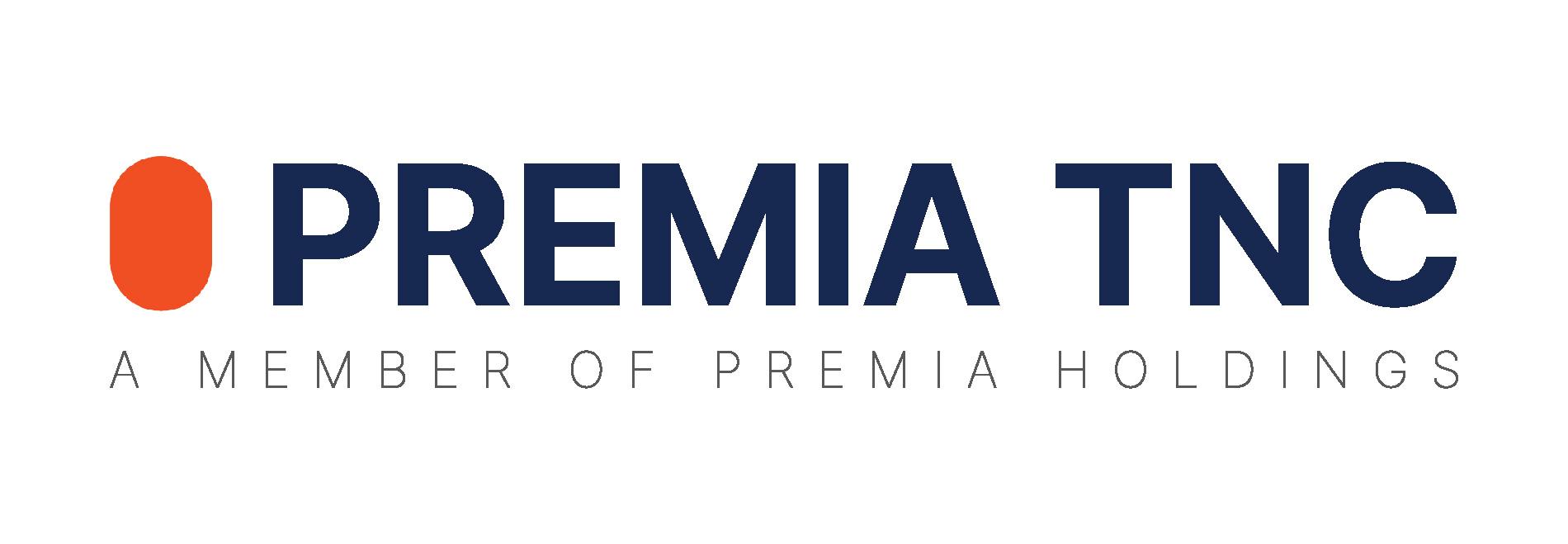Global Anti-Base Erosion Rules and Domestic Top-up Tax
Introduction to the GloBE Rules
Under the OECD/G20’s Inclusive Framework on Base Erosion and Profit Shifting (BEPS), jurisdictions are collaborating to combat tax avoidance, improve international tax rule coherence, and enhance transparency.
Singapore, as a member of this framework, was among 135+ jurisdictions that agreed on 8 October 2021 to reform international tax rules, ensuring multinational enterprises (MNEs) pay a fair share of taxes where they operate. This reform, known as BEPS 2.0, introduces a two-pillar solution to address tax challenges from the digitalization of the global economy.
What Are the GloBE Rules?
Pillar Two of BEPS 2.0 includes the Global Anti-Base Erosion (GloBE) rules and the Subject to Tax Rule (STTR). Released in December 2021, the GloBE rules ensure that large MNE groups pay a minimum tax of 15% in each jurisdiction they operate through a top-up tax mechanism.
The GloBE rules include two primary rules:
Jurisdictions may introduce a Qualified Domestic Minimum Top-up Tax, ensuring LTCEs are taxed at 15%, which reduces the need for the IIR or UTPR.
Implementation in Singapore
In Budget 2024, Singapore announced it will implement the IIR and a domestic top-up tax (DTT) for financial years starting from 1 January 2025. UTPR implementation will be considered later. The rules will apply to MNE groups with annual revenues of €750 million or more, based on data from two of the four preceding financial years.
Businesses should refer to the OECD’s guidance for more detailed information.
















